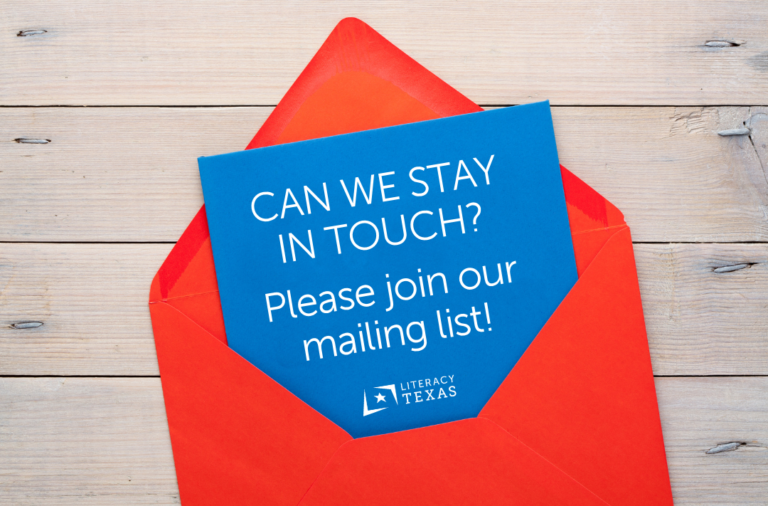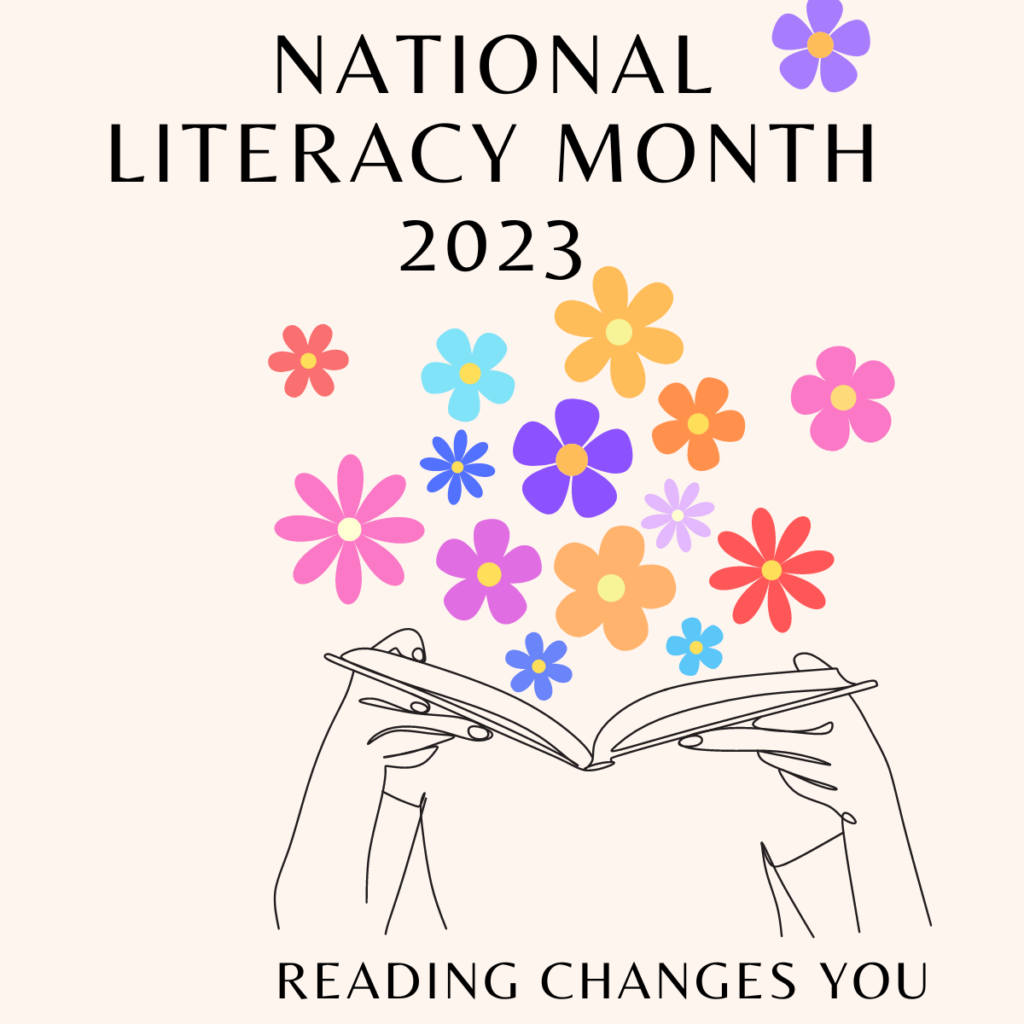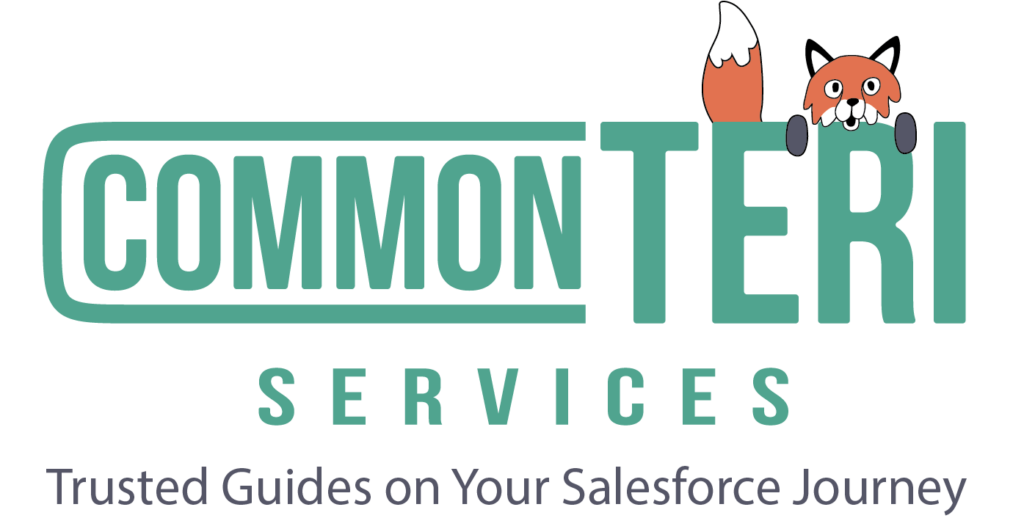
Author: Kay Carroll, Treasurer, Literacy Texas Board of Directors
Literacy. What did it mean to me as a student?
Grammar, reading, and English.
Honestly, it was my most dreaded subject all the way through college (I had to pass my last English class to graduate college, and it was stressful)! Fast forward to now and all my family, friends and colleagues ask me (I’m the old version of ChatGPT) to proof and rephrase their business projects, policies, procedures, programs, trainings, resumes, and emails, due to my love of and skills in communication and writing.
In my eyes today, the definition of literacy has evolved – to reading a good book; reviewing, researching and writing business professional documents; communication and collaboration.

Though my career path has taken twists and turns that were not planned or expected, thankfully it led to the Community Reinvestment Act (CRA) of 1977, and it sparked my passion. I work for a bank in CRA and Community Development serving communities by ensuring all individuals and families have access to financial and essential services.
Volunteering with amazing organizations is my way of making the world a better place and giving back to the communities. During my time as a volunteer, it has brought joy and tears helping others, teaching classes and trainings around financial education from children to adult.
The truth is, making a livable wage today, providing for yourself and family, and sincerely feeling good about your ability to exist in our current daily life is a huge obstacle without the necessary skills of the Oxford Language Dictionary definition of literacy – “the ability to read and write”. That’s why Literacy Texas exists, a vital non-profit to elevate literacy across Texas and provide local non-profits the tools and resources to ensure boots on the ground in all communities whether urban or rural.
My heart breaks for moms, dads, grandparents, family and friends who don’t know what to do or where to turn during difficult times and enormous situations that arise. Having support to overcome obstacles is overlooked and undervalued today!
My grandson had difficulty learning to read, the frustration for him and his parents was crazy, tearful, and stressful. They were ignored, told he would be held back a grade (all the while making Bs on his report card, plus about a month before summer break); the school system he was in failed him and them terribly. You must be the advocate for yourself and your family members, reach out and find the correct path for you or a loved one – knowing there is light at the end of the tunnel if you don’t give up and strive for answers and help. I’m happy to say, he switched school districts (it wasn’t easy to get him accepted but his parents advocated and stood up for him) and he loves school, the teachers, and the kiddos, and his reading has improved beyond our wildest dreams in a short time; he’s exceling all the way around.
If you’re reading this and thinking, “Hey this is me or my situation,” I’m here to tell and assure you that many people care and want to give you a hand up. Lots of people around us are unsure where to go for guidance – be the guiding force, point them to a community organization, a new school, or perhaps just give an encouraging word with a smile.
“Reading is dreaming with open eyes.” ~ Anissa Trisdianty
Get Texas literacy updates
Join our mailing list so you don’t miss any news:
- Local and national literacy news
- Conference updates
- Regional symposia
- Best of Texas
- Advocacy
- …more!













